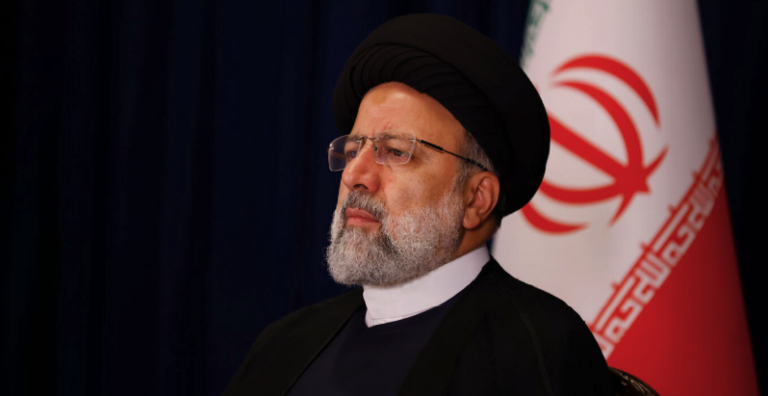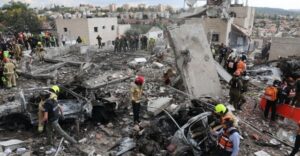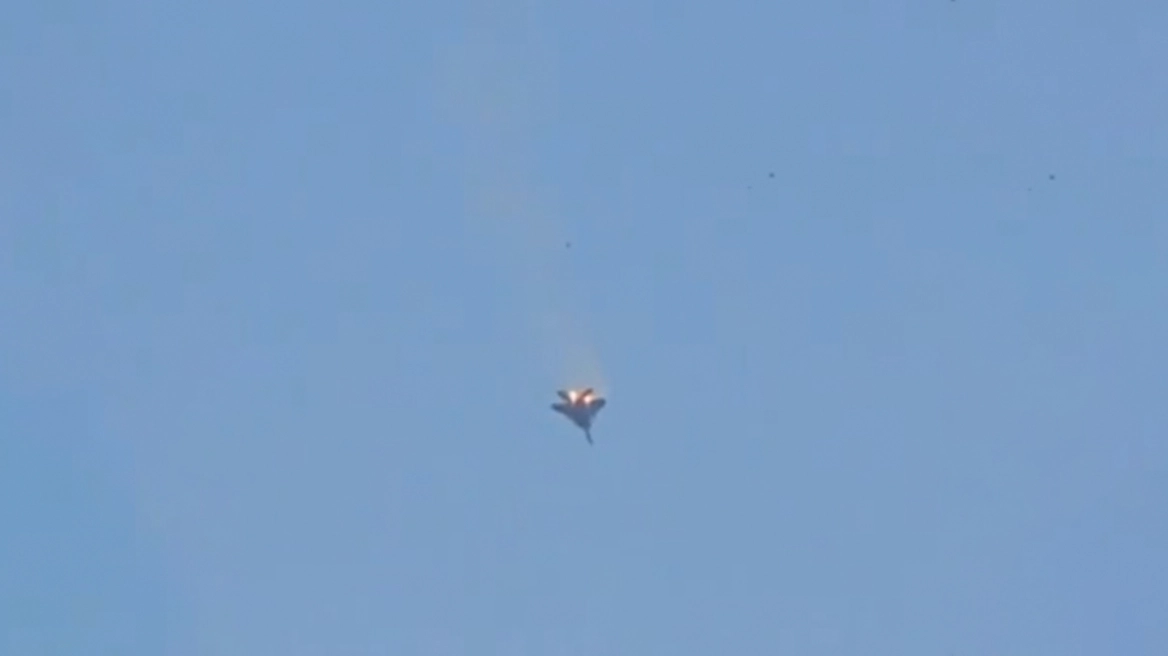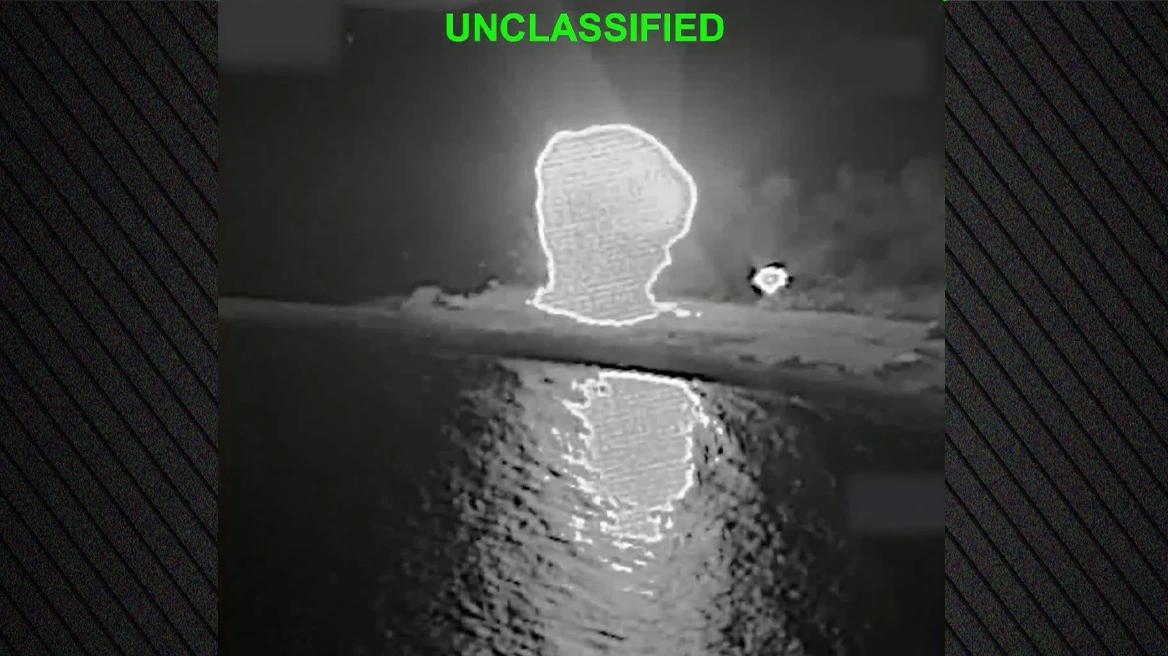The death of Iran’s president, Ebrahim Raisi, in the crash of the helicopter carrying him from Azerbaijan on Sunday afternoon creates a new context for Iran and the Middle East.
As the Guardian notes, Raisi’s death will add to the sense of a country already in political transition. The British newspaper recalls that “a new hardline parliament was elected as recently as 1 March, in which turnout in some regions fell below 10 per cent, and overall national turnout was just 41 per cent – a record low.”
“Reformists or moderate politicians were either excluded or defeated by default, resulting in Iran’s new parliament being split between the traditional hardliners and the ultra-conservative group known as Paydari or Stability Front,” the Guardian continues in its analysis.
In this context, the analysis adds, there is a growing sense that Iran is entering uncharted waters following the effective exclusion of reformists from participation in parliament for the first time since 1979.
This turmoil, the Guardian notes, comes at a time when Iran cannot afford such uncertainty, as it faces challenges from the West over its nuclear programme, an economy in poor shape and strained relations with other Middle Eastern states, particularly regarding relations with Israel and the US.
The picture of instability is compounded by the loss of Iran’s foreign minister, a country that until now prided itself on control and predictability.
According to the Guardian, Iran’s most likely new foreign minister will be Ali Bagheri, but the country’s hardliners may find him too eager to negotiate with the West over Iran’s nuclear programme.
The situation is exacerbated by the fact that Iran has 50 days to find its next president – as it has not had a sitting president since 1979 – a relatively short time for the supreme religious leader Ayatollah Ali Khamenei and his entourage to find someone who will not only become president at such a critical time, but who will be in a strong position to succeed Khamenei himself.
“The immediate challenge for any new leader will be to control not only internal dissent, but also the demands of factions within the country to take a harder line with the West and move closer to Russia and China,” the Guardian concludes in its analysis.
Sky News:
SkyNews wrote on Sunday about the serious consequences for Iran of the death of the country’s president, Ebrahim Raisi, in an article published by SkyNews:
“This is a delicate moment for Iran. President Raisi is the second most important man in Iran, after Supreme Leader Ayatollah Ali Khamenei.
His death will have far-reaching consequences.
In the near future, Vice President Mohammad Mohaber will take control and elections will be held within 50 days.
After years of anti-government protests, following the death of Mahsha Amini in 2022, this may be a moment that the protest movement will seize.
There are also many dissident groups in Iran, including an offshoot of the Islamic State, that will seek to exploit this situation.
He became president in 2021 with a second and only 41% turnout, the lowest since the 1979 revolution.
His successor will likely be the chosen candidate of the supreme leader and certainly another ultra-conservative hardliner.
In the long term, Raisi’s death would have consequences for the supreme leader.
Mitsotakis from Chios: Political stability is the stake of the European elections
For religious and conservative Iranians, Raisi’s death is unbearable. But for many, it is the death of a man who had blood on his hands.”
BBC: Don’t expect big changes:
We should not expect big changes, the BBC wrote, noting however that the instability could affect an economy already challenged by US and Western sanctions. Since yesterday, the Iranian rial has plummeted against the US dollar.
In Iran, the role of the president is rather limited, as his institutional role is restricted to domestic issues. In the eyes of most Iranians, the supreme leader and the Revolutionary Guards are the ones who make the important decisions on international and religious-political issues that are so important in the country.
But Raisi was one of the most conservative presidents Iran has ever had and was very close to the supreme leader and was also one of the serious candidates to succeed him.
Ask me anything
Explore related questions





